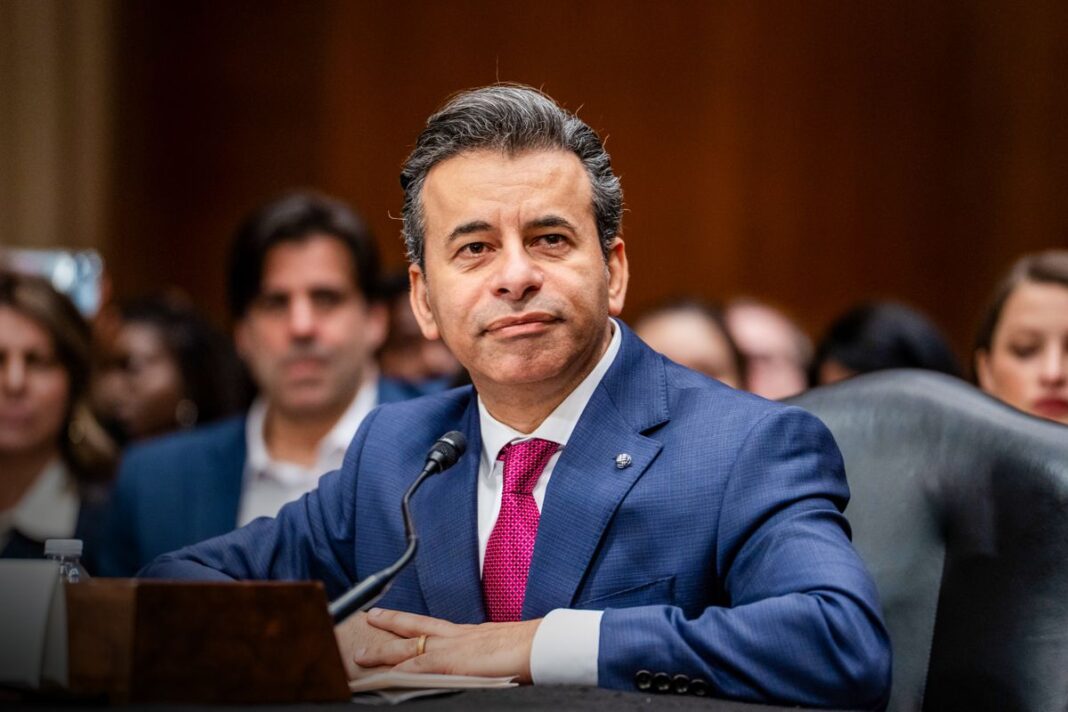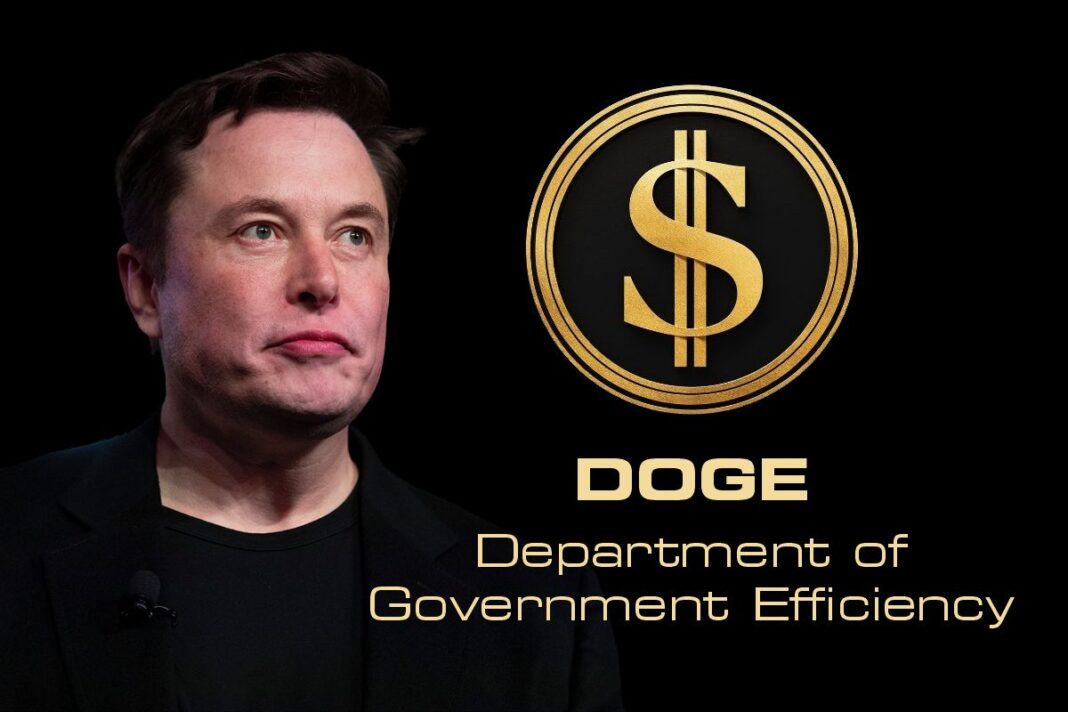The new ruling suspended a Maryland federal judge’s order to block the Trump administration’s efforts to pare down USAID operations.
A federal appeals court on March 28 put on hold a lower court order that blocked efforts led by the Department of Government Efficiency (DOGE) to downsize the U.S. Agency for International Development (USAID).
The U.S. Court of Appeals for the Fourth Circuit issued an order around the close of business on Friday stating that the preliminary injunction filed March 18 by Maryland-based U.S. District Judge Theodore Chuang “hereby is stayed pending the resolution of this appeal.”
In the new order, Judge A. Marvin Quattlebaum Jr. wrote that the Richmond, Virginia-based appeals court was granting the motion to block the lower court’s order because it is in the public interest.
The judge wrote that tech billionaire and adviser to the president Elon Musk and DOGE demonstrated they will likely prevail on the merits when the case is heard and that they would be “irreparably injured absent the stay.”
Quattlebaum also wrote that the 26 current and former employees or contractors of USAID who brought the lawsuit against Musk and DOGE will “not be injured because of the stay.”
Although the activities of DOGE and its leader Musk “related to USAID are not conventional, unconventional does not necessarily equal unconstitutional,” the judge wrote.
This does not mean that those who sued “will not be able to develop evidence of unconstitutional conduct as the case progresses,“ he wrote. ”Time will tell. Our holding is merely that, at this time, the record does not support the district court’s finding of a likelihood of constitutional violations.”
The new order was entered after the appeals court issued an emergency temporary stay of Chuang’s order on March 25 and then extended that stay on March 27.
Chuang’s injunction had contained a finding that actions by Musk and the DOGE team aimed at scaling down the operations of USAID, which provides humanitarian aid, probably violated the U.S. Constitution.
Shutting down the USAID headquarters, laying off most of the agency’s workforce, and ending the bulk of USAID’s contracts violate the constitutional doctrine of separation of powers, Chuang wrote in the March 18 order. The separation of powers is a constitutional doctrine that divides the government into three branches to prevent any single branch from accumulating too much power.
The Trump administration had argued that Article II of the Constitution, which spells out the powers of the executive branch, allows the president to downsize the agency as part of his authority to manage the nation’s foreign relations.







